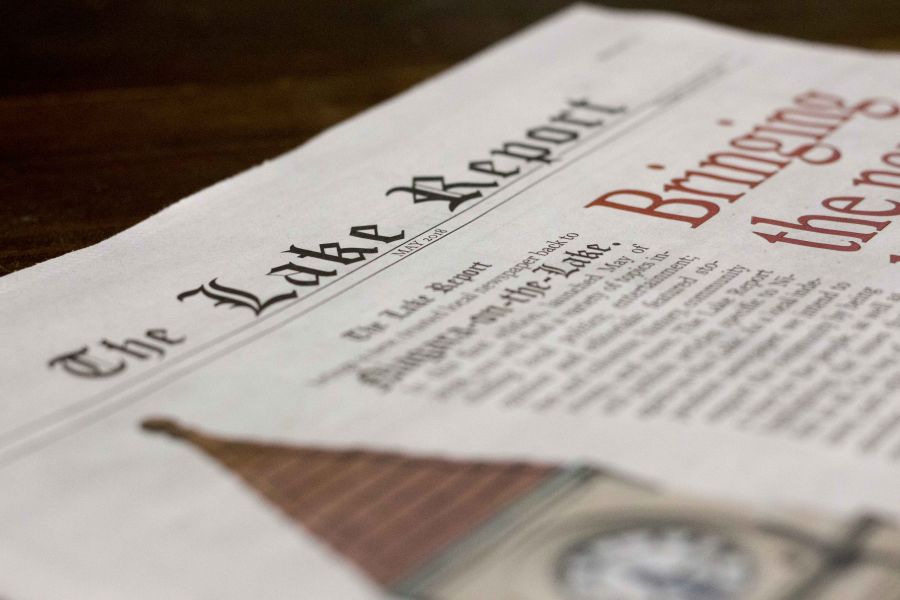One of the prized democratic institutions in a full, free society is the concept of open, accountable and transparent governance.
At the federal and provincial levels, legislative debates can be so highly partisan as to be mere efforts to pander to a party’s base — or to simply score points, usually at the expense of the governing party.
But historically, parliamentary and legislature debates can also be extremely pointed and weighty, especially on issues of great importance to the nation or province.
At the most grassroots governance level — and we’d argue, what should be the most accountable level — municipal governments, in Ontario at least, are non-partisan.
They are led by local people, often part-time, who work for pennies per hour to serve their community. With long days, tons of preparation and your judgment constantly questioned by your neighbours, there is certainly no glamour in it.
But the decisions made at the municipal level — in our case, the council of the Town of Niagara-on-the-Lake — often can have far more direct effect on people’s everyday lives than those made by senior levels of government.
It’s real, grassroots democracy, pure and simple.
On Dec. 15, just 10 days before Christmas, our council met in secret to debate allowing special road access to one of the most controversial developments in recent memory.
As far as we know, there had been no formal request from the developer for such access — that came in a letter earlier this week, apparently.
So, members of the community, are left to wonder why.
Given the property and legal issues in play, it’s possible that this secret meeting of council met the letter of the law for holding such discussions out of public view. The whole Rand Estate issue is contentious and litigious — but it also holds an immense degree of public interest.
Optics are important and in holding such a meeting on such a controversial project when it did, council must have recognized the issue was bound to become a flashpoint.
And it has.
We don’t know that council did anything wrong in meeting privately, but the lack of transparency and lack of discussion publicly after the private session leads us — and numerous residents, readers and letter writers — to wonder why this decision was made, how it came about and why.
As our news story on this issue notes, even some members of council admit there could have been more debate and discussion of the issue in public. But there wasn’t.
And Lord Mayor Gary Zalepa, as is his purview by law, chose to declare a conflict of interest and not participate in the debate because he lives near the Rand Estate.
We disagree with that decision on such an integral community issue, but recognize that by statute, he is permitted to make it.
When we first heard about council’s right-of-way decision, we thought perhaps it was part of a negotiating strategy. Then, with few details available, the community was left to speculate and wonder. The big unanswered question remains: Why and why now?
Perhaps we will someday come to know more about why this all happened. But in the meantime, it is not a good look for town council and its communication on this vital community issue is sorely lacking.











